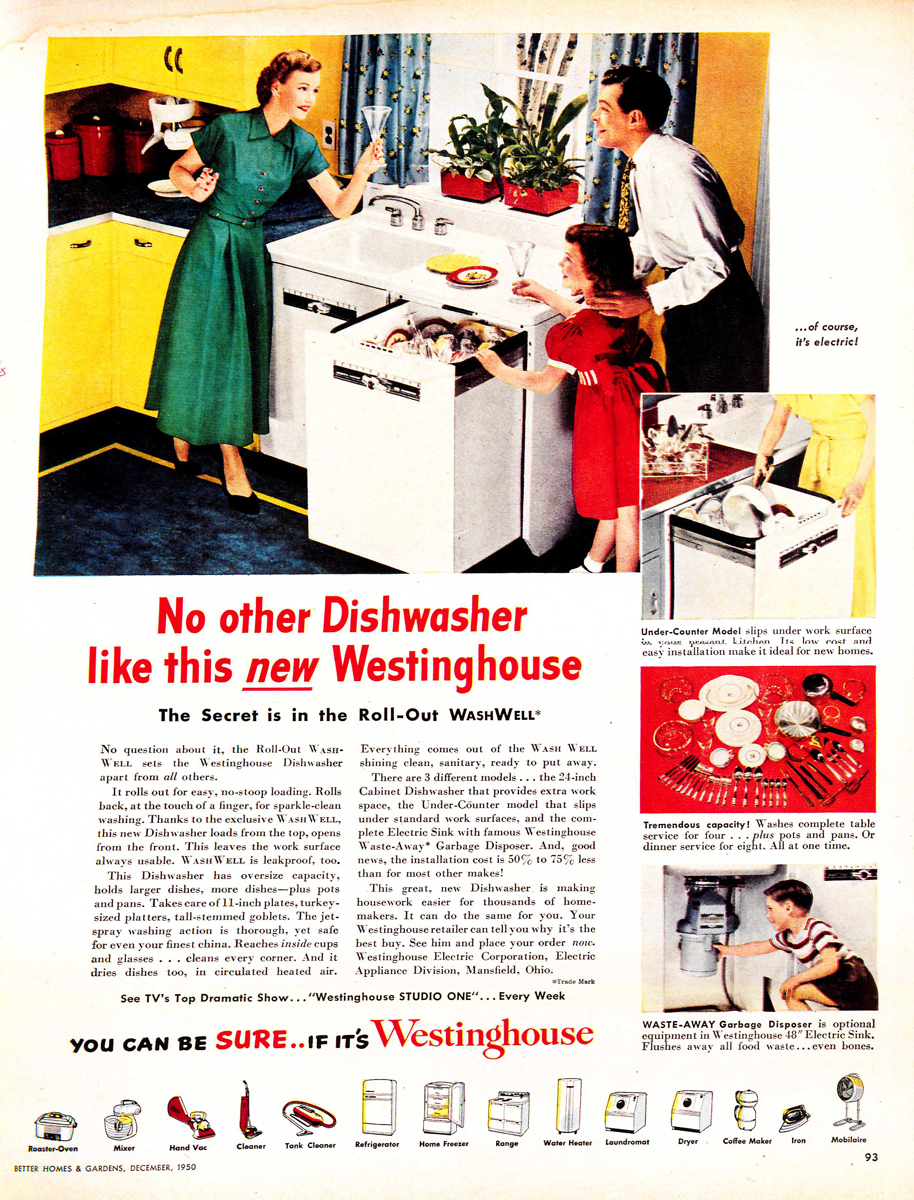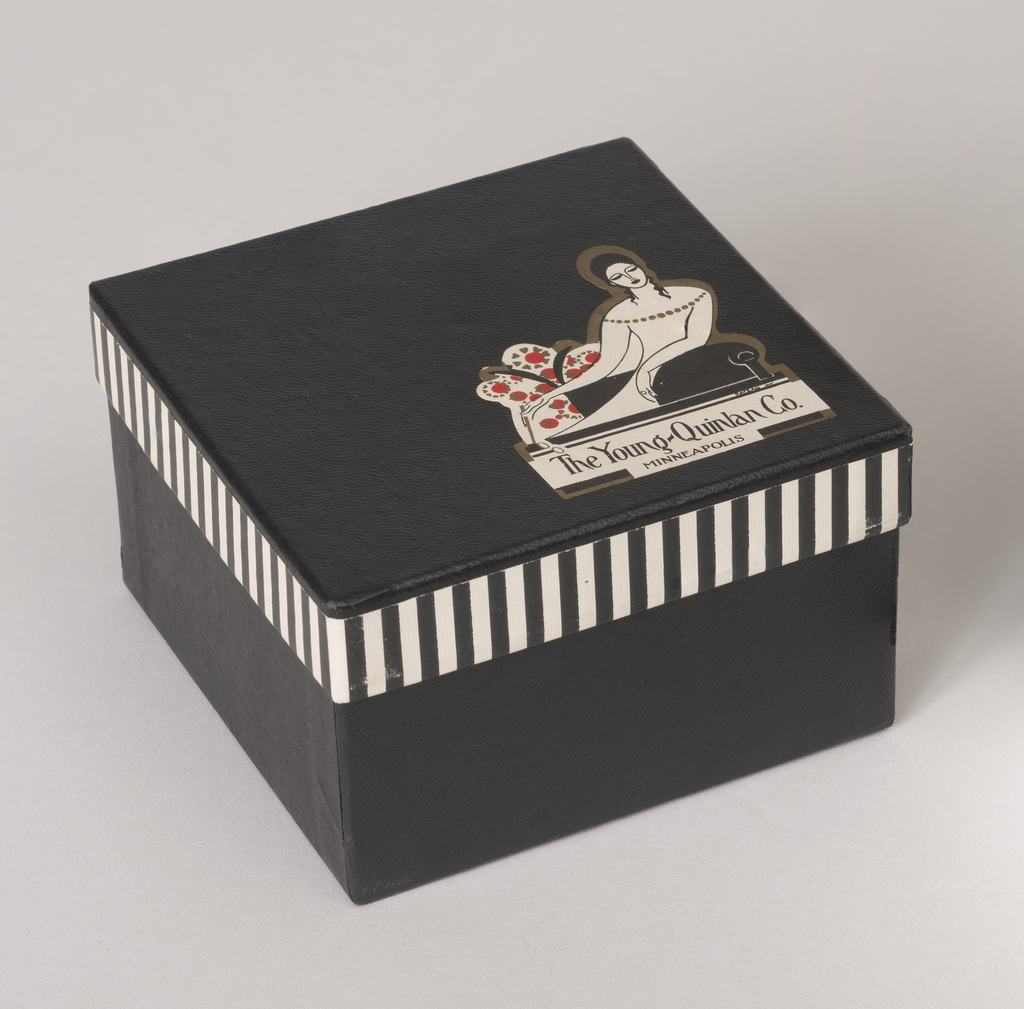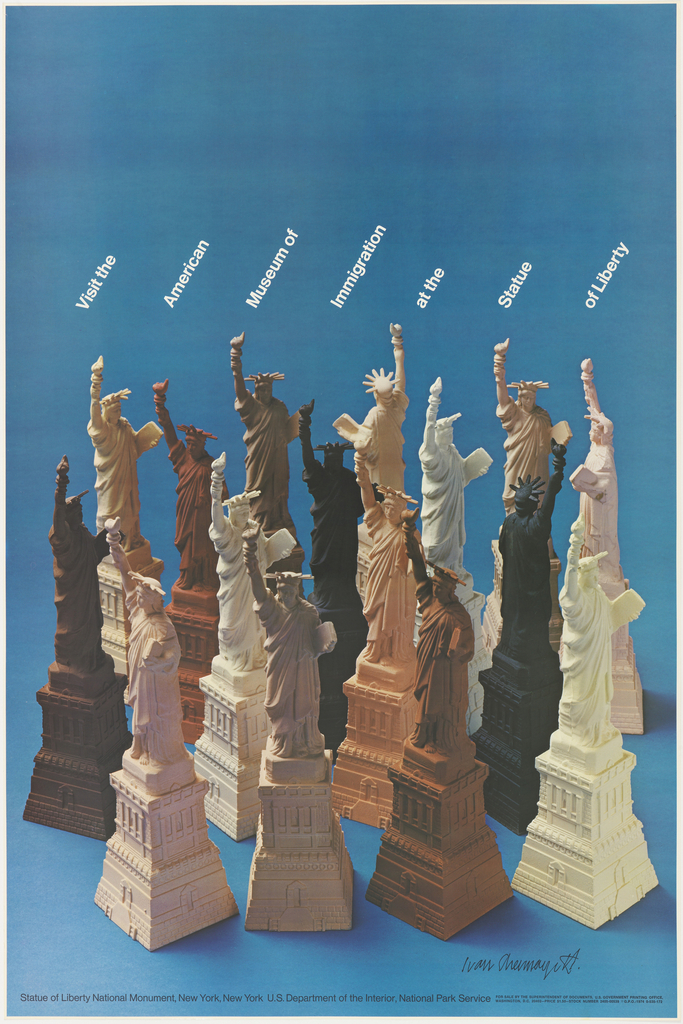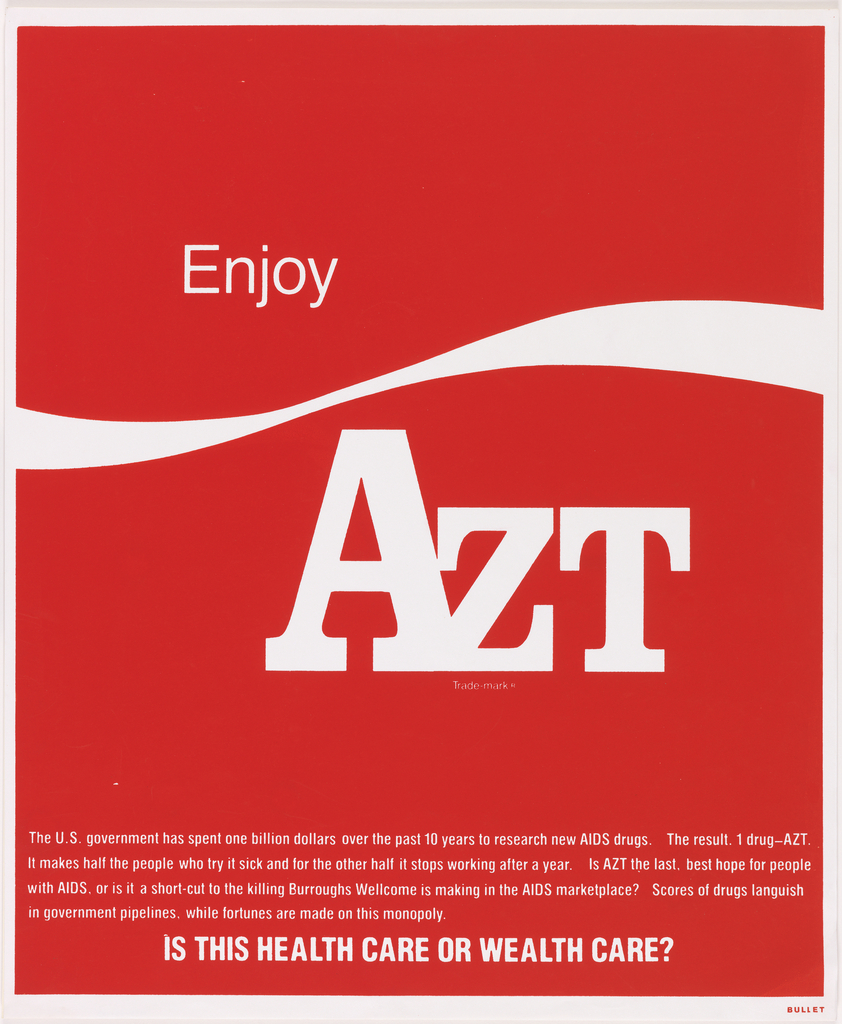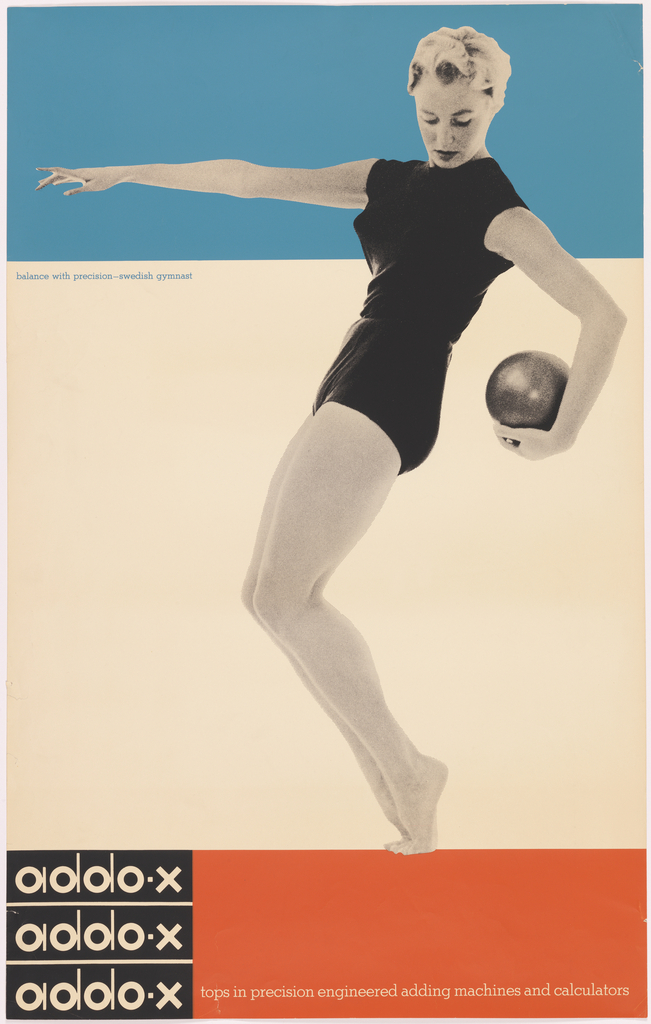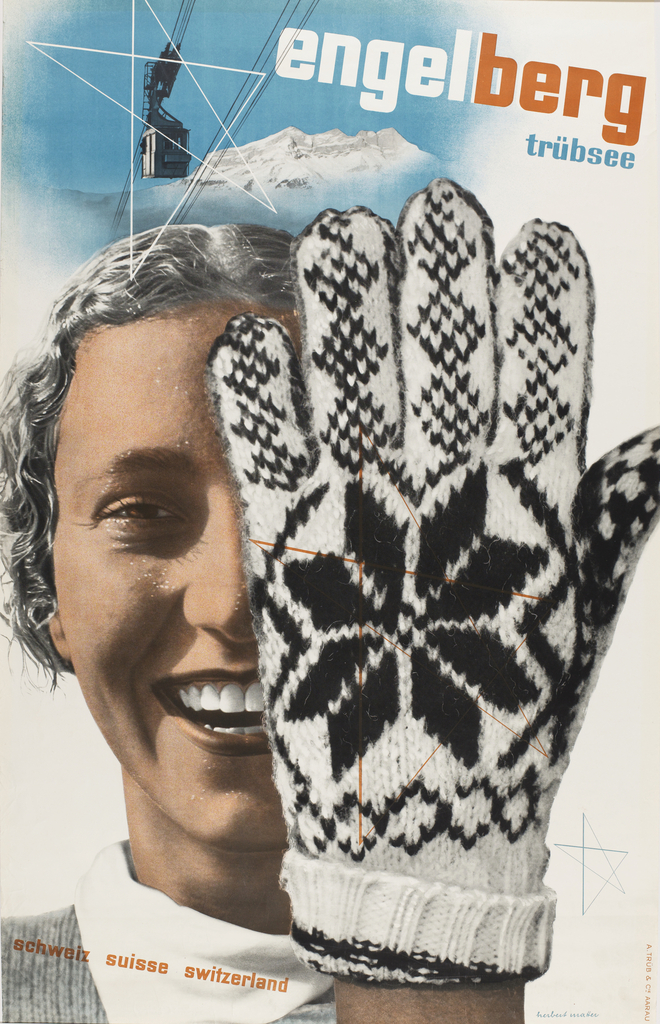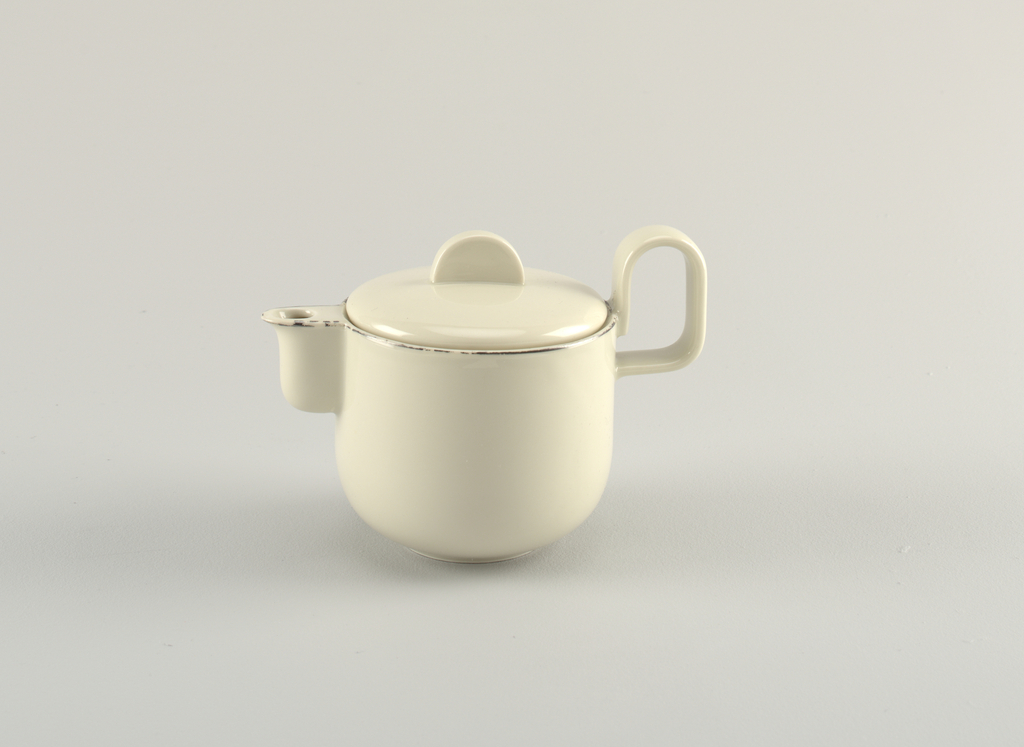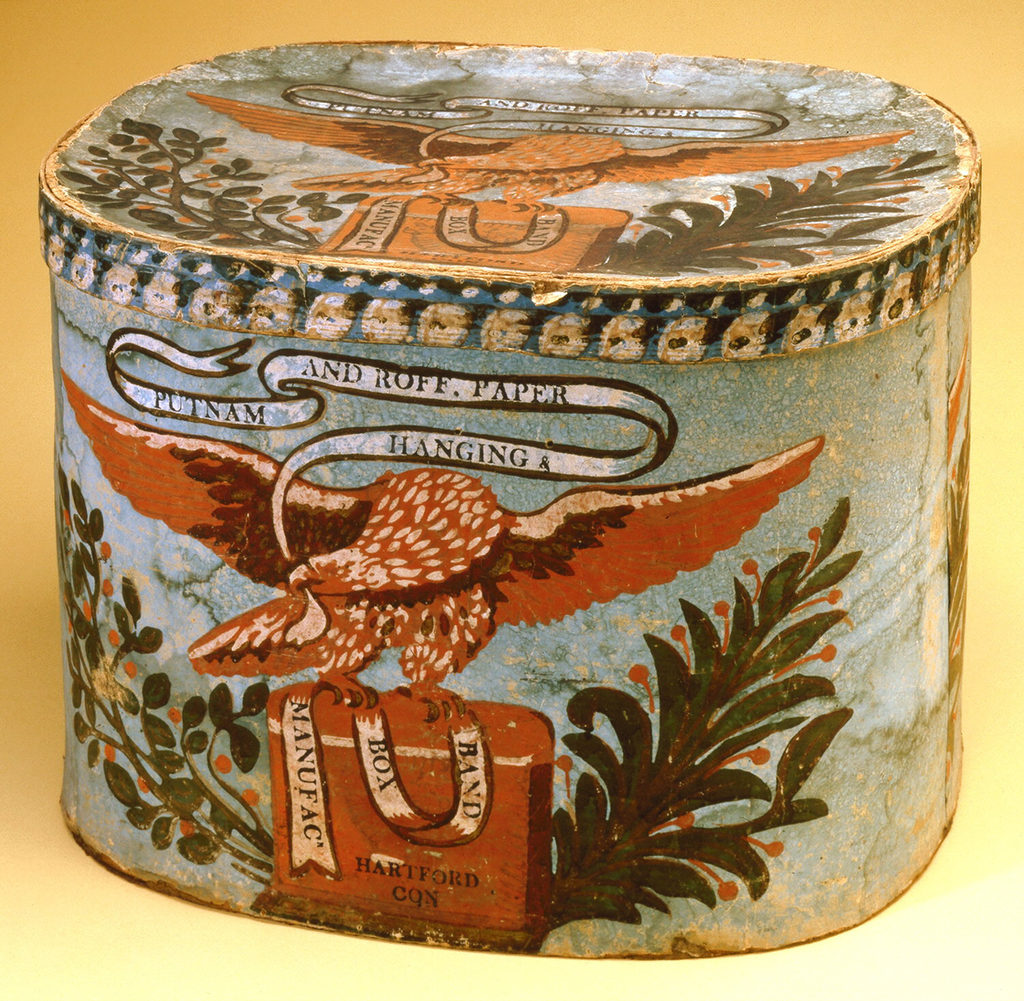“The Battle of the Centuries” was a dish washing contest between Mrs. Drudge and Mrs. Modern, between hand washing vs. electric dishwashers at the 1939/40 New York World’s Fair. This contest promoted all the benefits of modern appliances and is part of the history of new and improved technology in the modern age. The Cooper Hewitt Library...
On February 19, 1927, the film “It,” starring Clara Bow, was publicly released in the United States, instantly becoming a box office success and making Clara Bow Hollywood’s first “It girl.” Later that year, Elizabeth C. Quinlan, co-founder of the Young-Quinlan Co., a prestigious Minneapolis department store, visited Paris in search of her own “It...
Liberty and immigration: here are values so intimately tied with the history of the United States and New York in particular, that they seem to permeate one another. The year 1974 was a strenuous one for the US. The recent end of the Vietnam War left open wounds still seething in the minds of millions,...
“The best political graphics today exist on the cusp of art and graphic design. The people responsible often see themselves as both artists and designers. The posters don’t look like they were done to express the views of a client, but rather to express the viewpoint of the creator. The work doesn’t exhibit the sort...
We see posters not only with our eyes but with our bodies. In this sense, we respond physically to the taut pose of the elegant athlete in Ladislav Sutnar’s 1958 poster for Addo-X. Sutnar created a bold new logotype for the Swedish office machine brand in 1956; he also designed numerous posters and advertisements for...
American designer Dan Friedman was a student of Swiss master Armin Hofmann in the late 1960s. Friedman was working at Anspach, Grossman, Portugal, Inc., when the firm secured the account for the new Citicorp identity. He designed Citicorp’s logo and other key elements of the brand campaign. His poster for Citicorp Center, advertising Citicorp as...
We can feel an image in our bones and muscles. We can also touch it with our skin (almost). The knitted wool glove in Herbert Matter’s Engelberg, Trübsee, Switzerland (1935) is so real we can almost sense it against our skin. Designers speak of “texture” as a basic design element, and yet this quality often...
Functionalism is the idea that form should follow function; objects should be designed simply, honestly, and directly. [1] It should be immediately clear to a viewer and a user what the object is and how to use it. Functionalist objects are primarily domestic objects, which makes this milk jug an example of Functionalism in inter-war...
Bandboxes, rendered completely obsolete in today’s world of attached collars, were once a necessary possession for any man who liked to wear shirts. This patriotic example dates c. 1821- 1824, and it has lived within the collections of the Cooper Hewitt and its predecessors since 1913. The box is constructed of pasteboard covered in block-printed...
